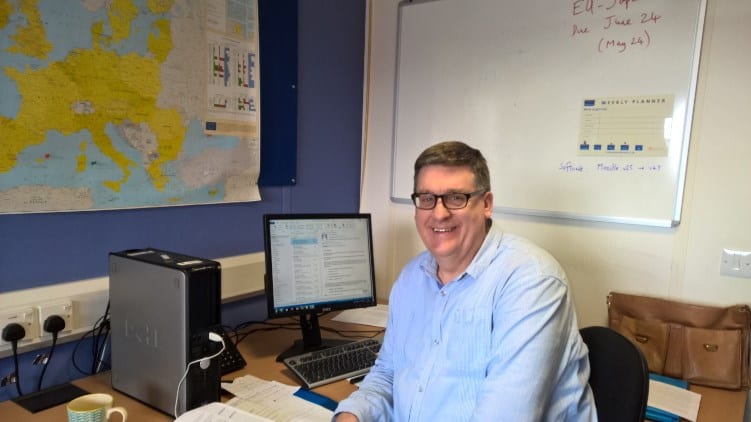Improvement science and research methods seminar June 2021: Dr Maria Kordowicz on The origins and practice of ethnography in health

The June 2021 Improvement science and research methods seminar was given by Dr Maria Kordowicz, visiting research fellow at CaHRU, who presented on ‘The origins and practice of ethnography in health’ took place on 16 June 2021. Dr Kordowicz has Continue reading Improvement science and research methods seminar June 2021: Dr Maria Kordowicz on The origins and practice of ethnography in health




